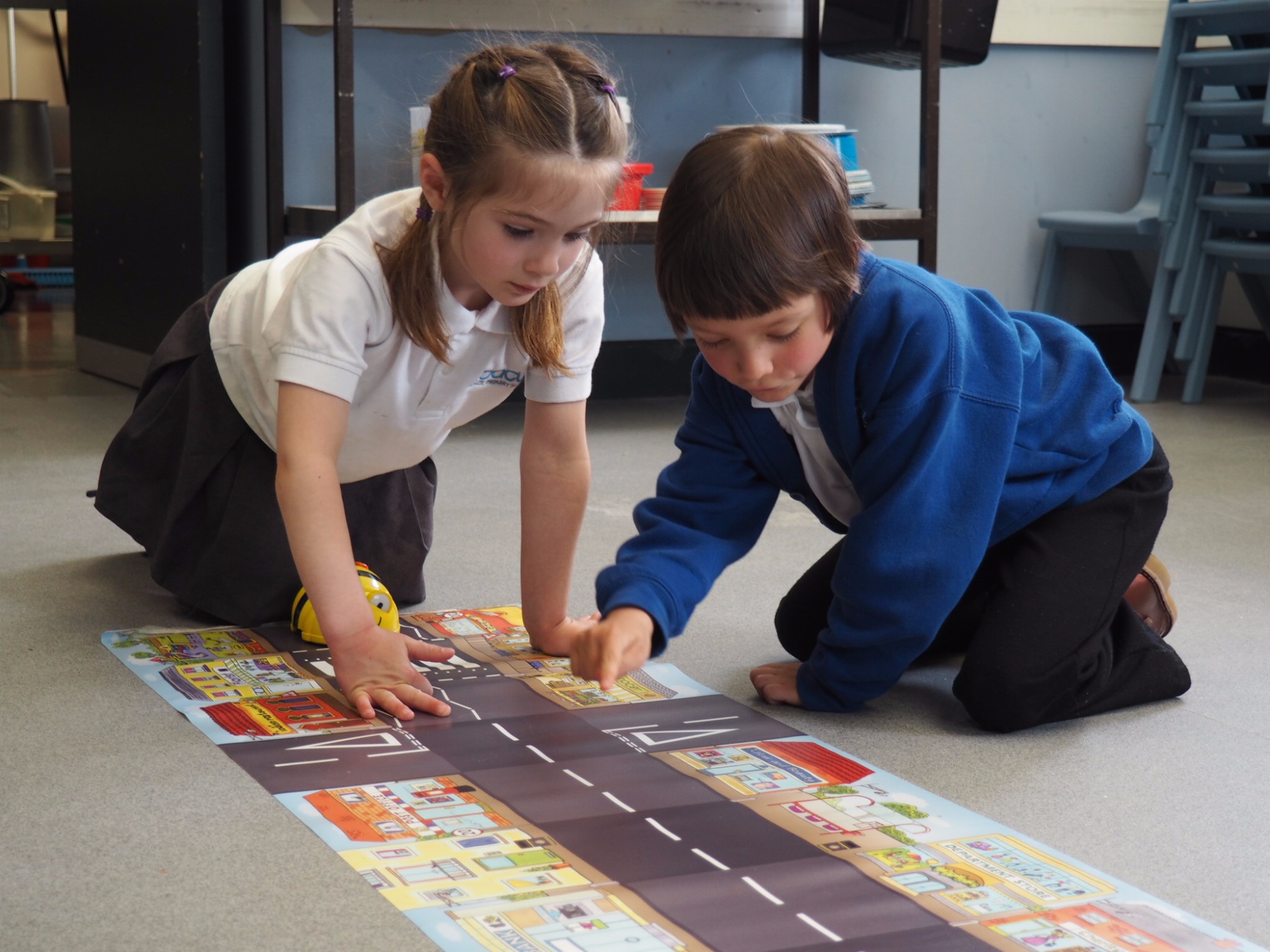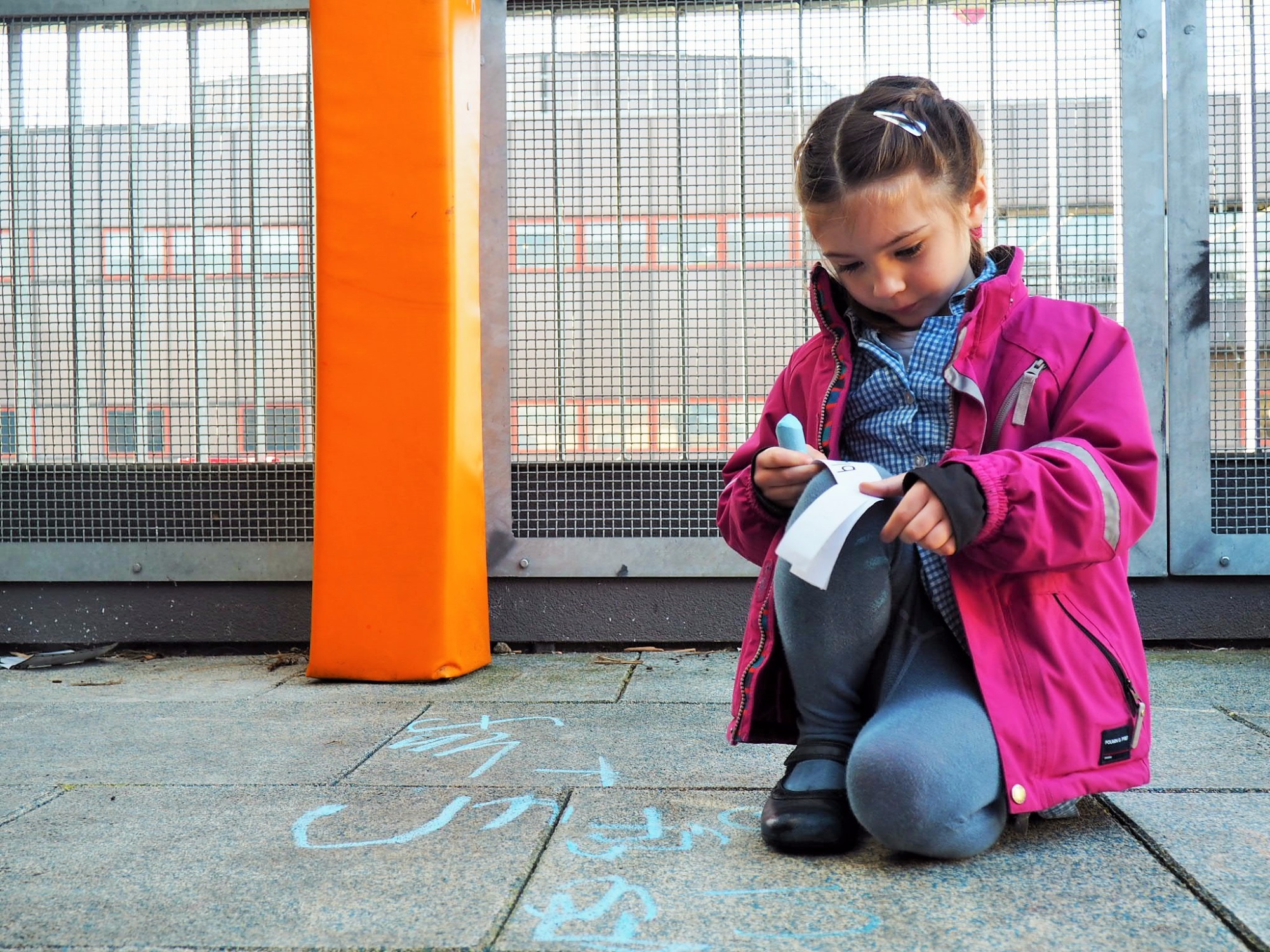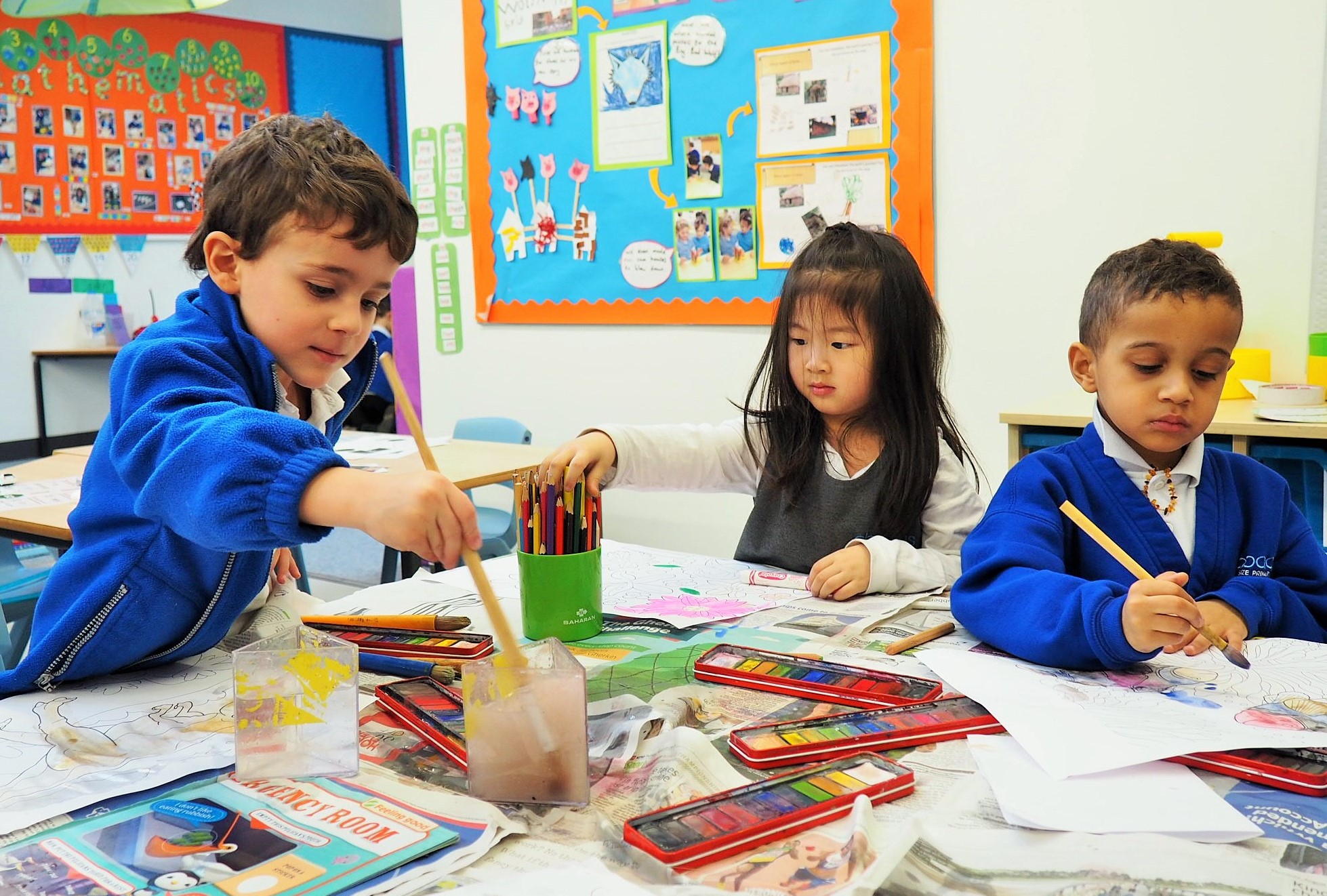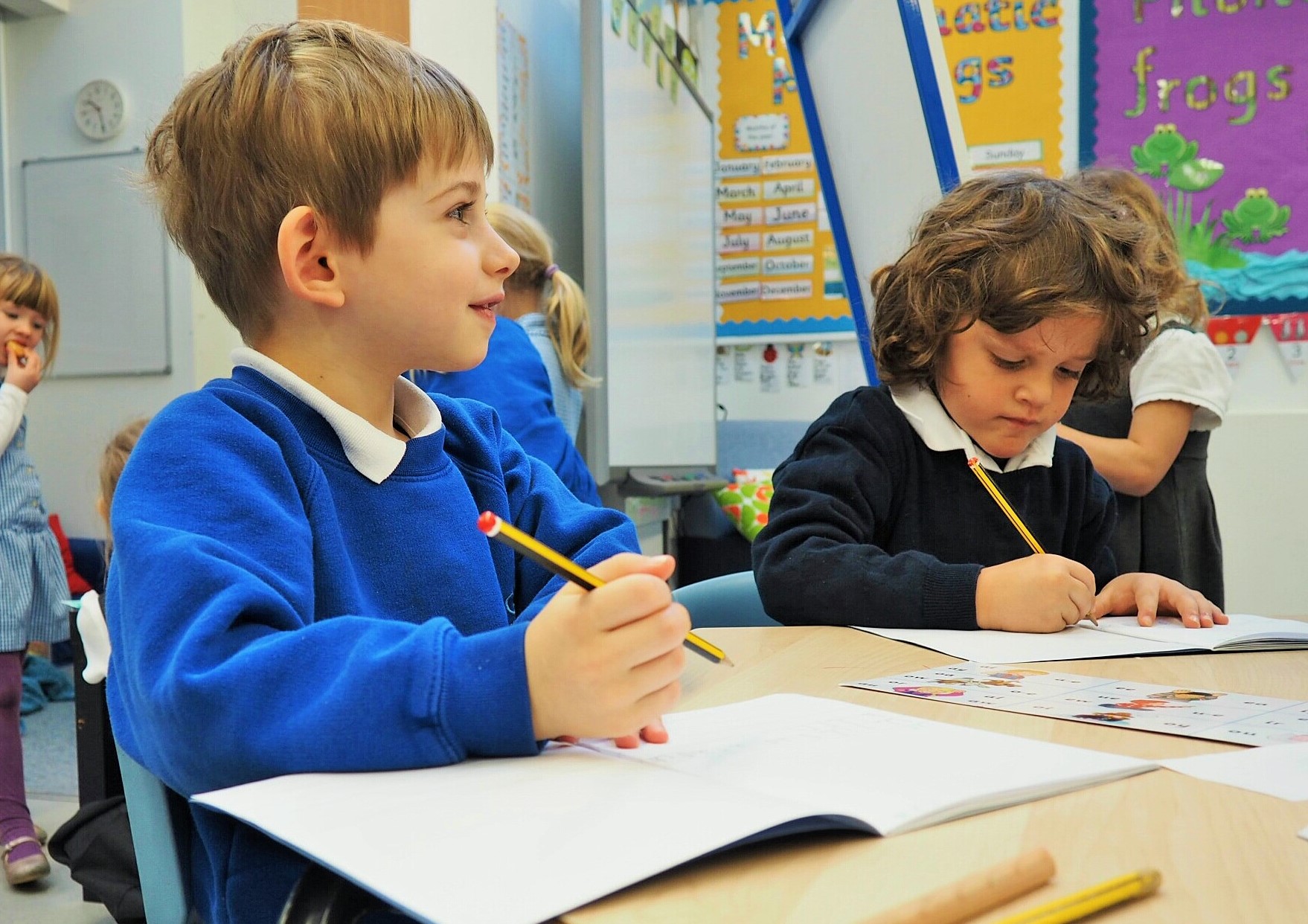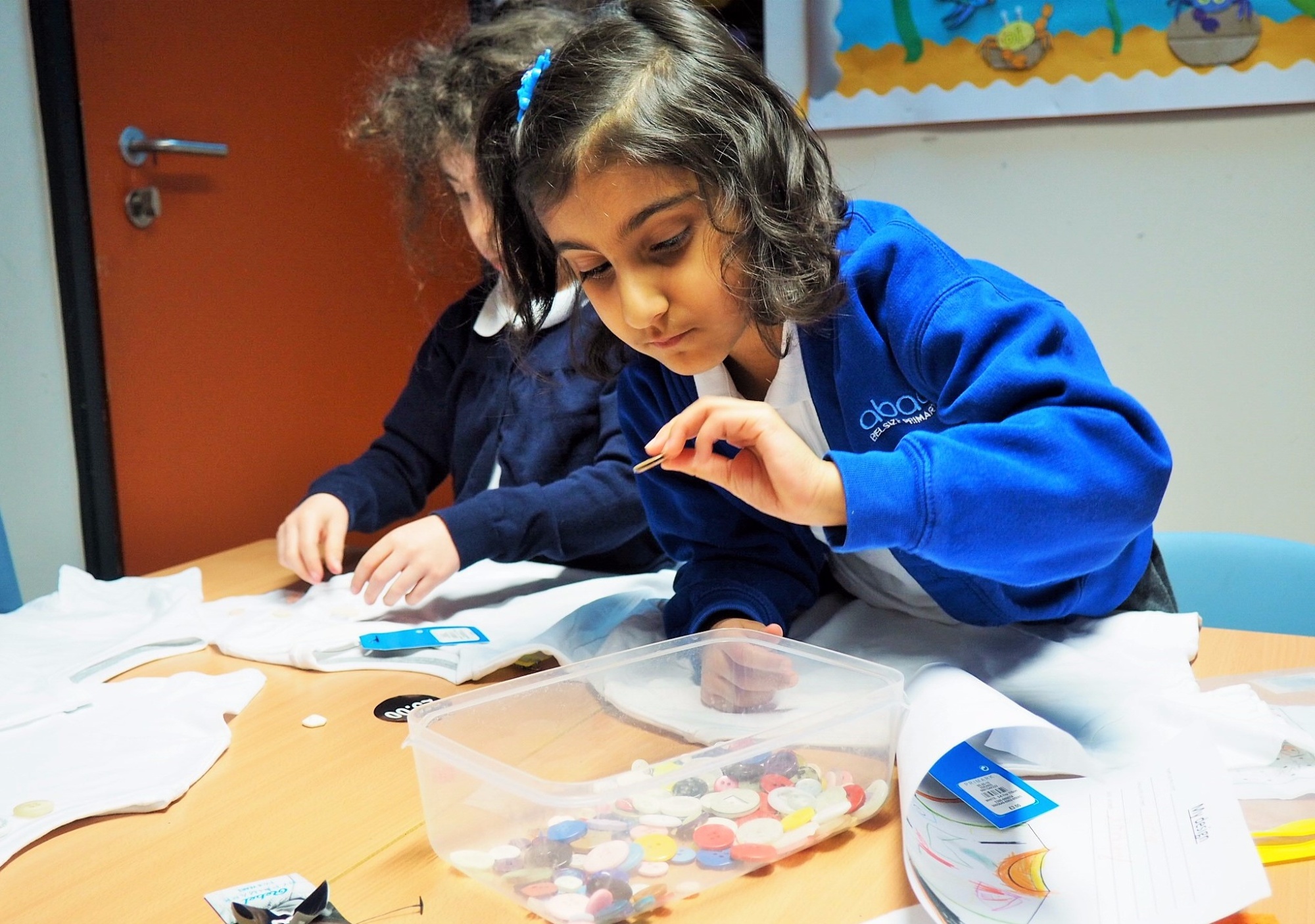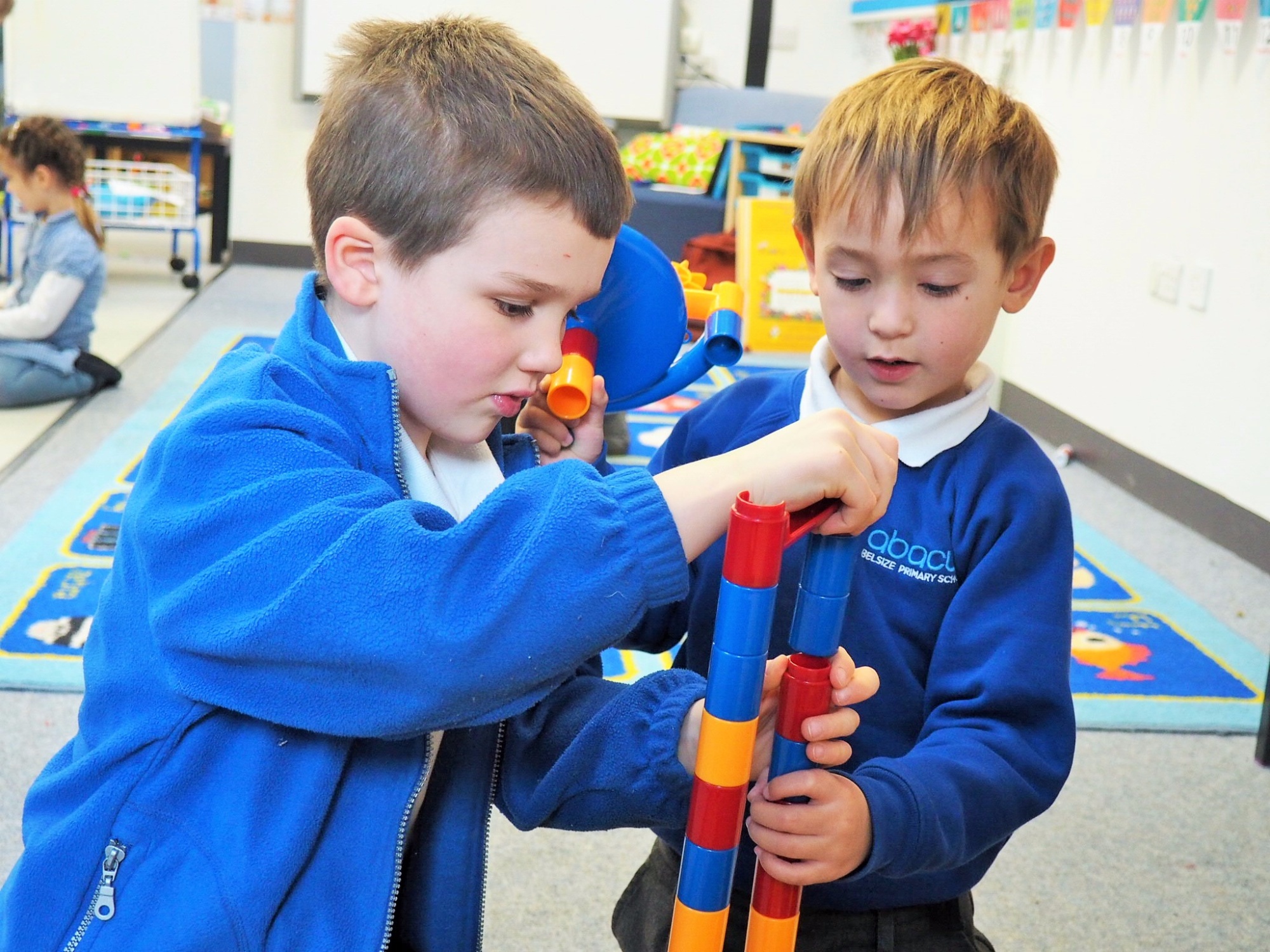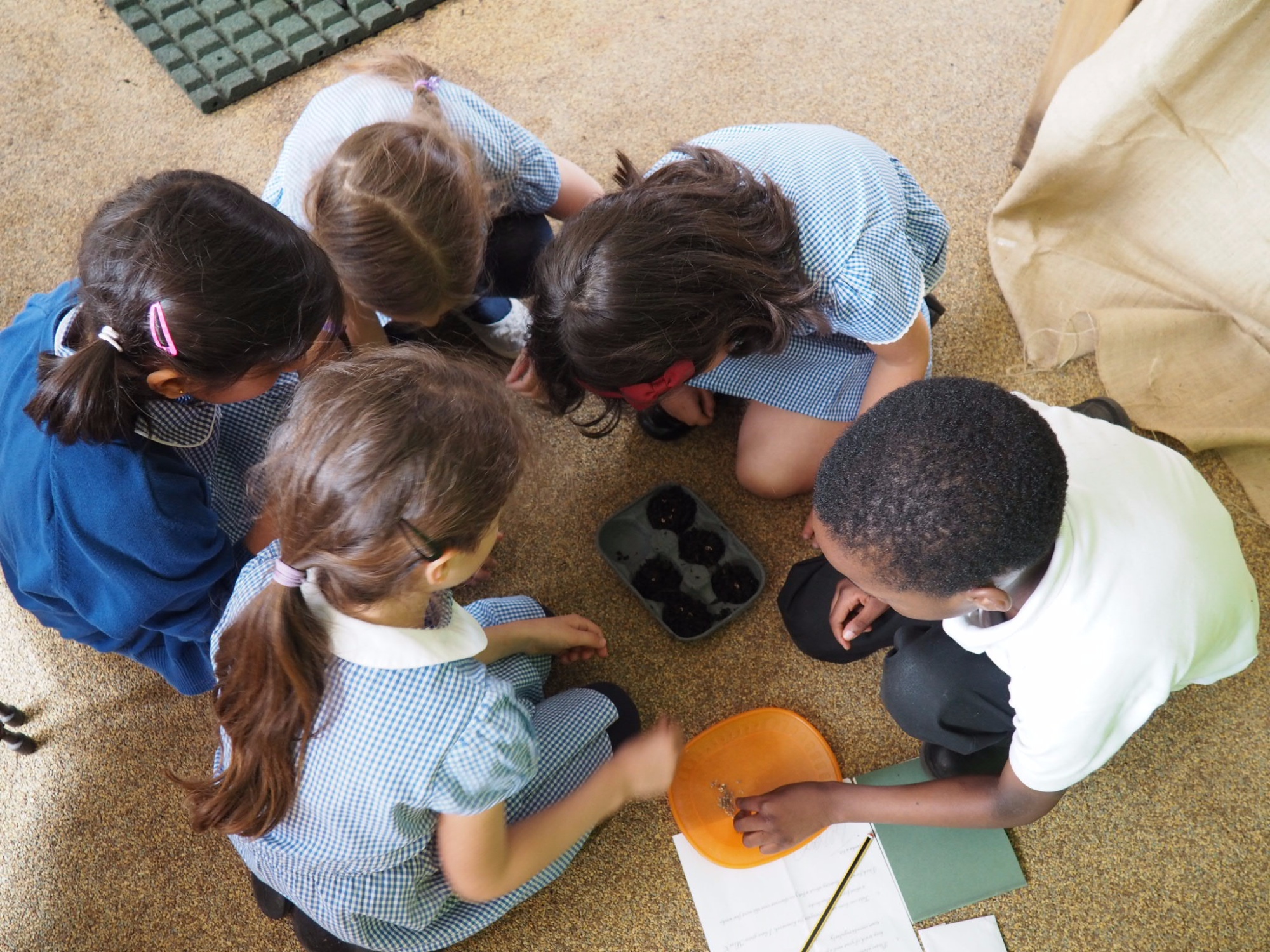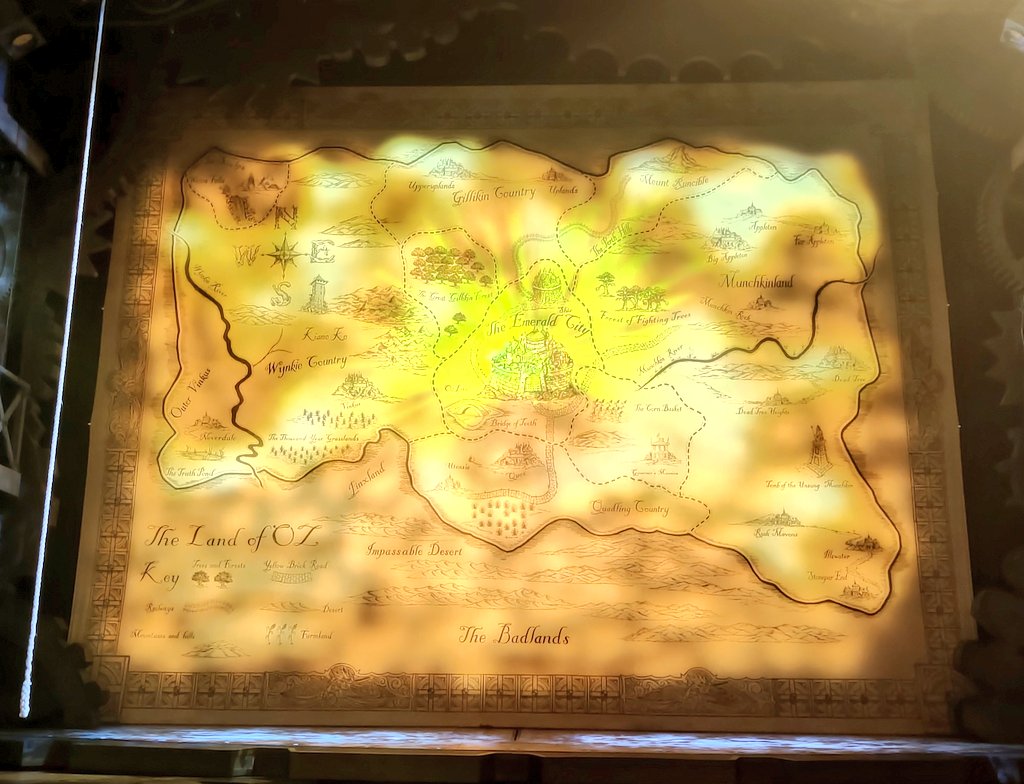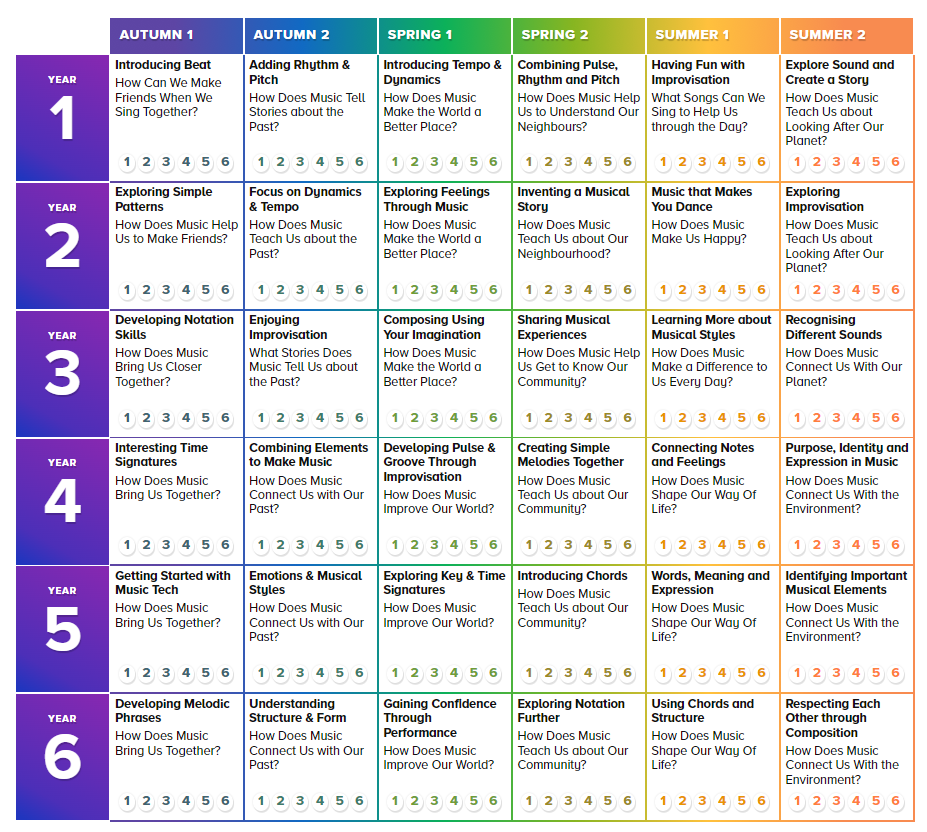Music
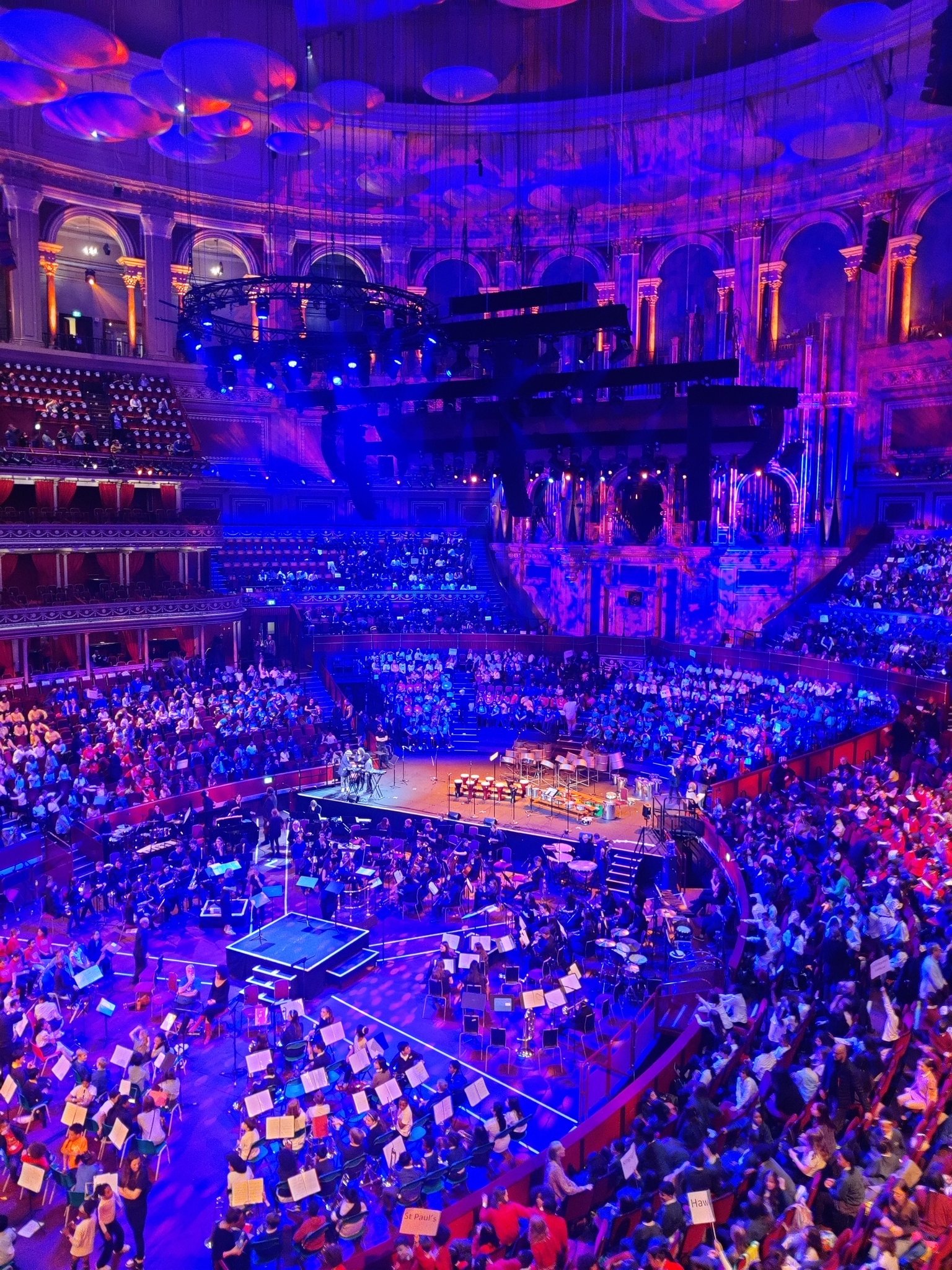
Children at Abacus THRIVE because they are composers, performers, soloists, conductors and musicians. They are original, imaginative and fluent in their compositions and performances and show awareness and appreciation of a range of musical pieces.
"I love experimenting with our percussion instruments." - Year 5 pupil.
Visiting London's West End Theatres
Intent
Our vision at Abacus is to provide all pupils with a high-quality music education which engages and inspires children to develop a life-long love of music, increases their self-confidence, creativity and imagination, providing opportunities for self-expression, giving a sense of personal achievement.
At Abacus, we follow the National Curriculum for Music. We use planning from the Charanga scheme of work which enables the children to engage interactively to learn skills based on listening and appraising, creating and exploring, singing, playing instruments and performing. Singing is central to the music curriculum at Abacus as research has shown that singing has a positive impact on emotional, physical and mental well-being. Every 2 years, the school has the opportunity to perform live at the Royal Albert Hall as part of Camden’s Music Festival.
Implementation
Music is taught each week using the Charanga programme of study. As part of our enrichment offer, each phase learns a musical instrument. Years 1 and 2 learn the recorder, Years 3 and 4 the xylophone/ukulele and Years 5 and 6 the violin.
Children are gradually exposed to musical terminology, composition and reading sheet music as they progress through the unit. From reception where children learn nursery rhymes, songs by heart and explore percussion instruments to playing, improvising and composing more complex pieces of music in year 6.
Children explore rhythm, beat, pitch, time signatures, melodies, dynamics, structure and form, tempo, texture and phrasing through their music journey and each year group has the opportunity to use their developing understanding to take part in a performance at the end of each year.
In addition to music lessons, children have the opportunity to perform at the Royal Albert Hall as part of Camden's music hub and most classes will have a music performance in year group assemblies when they share their learning with their peers and their parents and carers.
Impact
Assessment
Teachers use formative assessment during music lessons to evaluate children's development and target support during the lesson and planning for further support in future lessons using a range of methods to develop and build upon taught skills and close gaps in understanding. A clear sequence of learning builds within each unit and from previous units to a final outcome, performance or composition- this may be a vocal or instrumental outcome. Staff use teacher judgement, children's outcomes and an evaluation grid to track children's development in music. Subject leads use this information to support and inform and adapt where necessary. Outcomes and pupil are recorded in Music floor books.
THRIVE-ing in Music
"We play instruments in our outside area. The teachers make learning in music fun." - Reception pupil.
"I love to learn with recorders. We learned the note B" - Year 1 pupil.
"Our teachers help us to correct mistakes in a kind way." - Year 4 pupil.
"I love experimenting with our percussion instruments." - Year 5 pupil.
"In Year 5 and 6, we play whole class violin every week, where we can apply our knowledge from our music lessons. Miss Thi supports us to learn musical notation." - Year 6 pupil.
EYFS
Children in reception investigate Music through the specific area 'Expressive Arts and Design' and the prime area 'communication and language'.
Through focus groups and free-play activities in the learning environment, children are taught to how to sing songs, listen to, talk about and move to music and perform in groups or by themselves. Singing, rhymes and songs are part of the daily provision in reception as well as investigating music through the school's music programme: Charanga.

